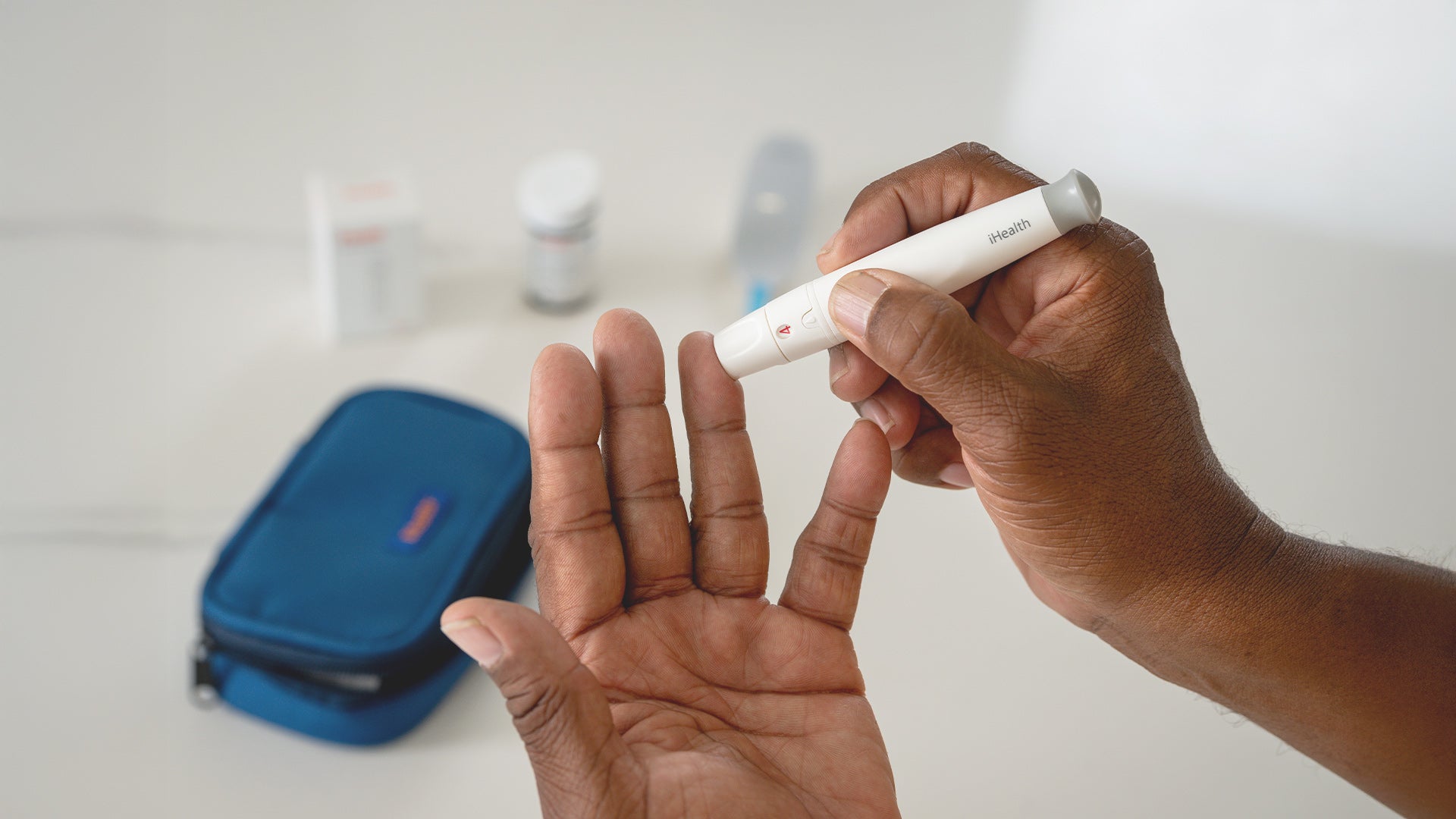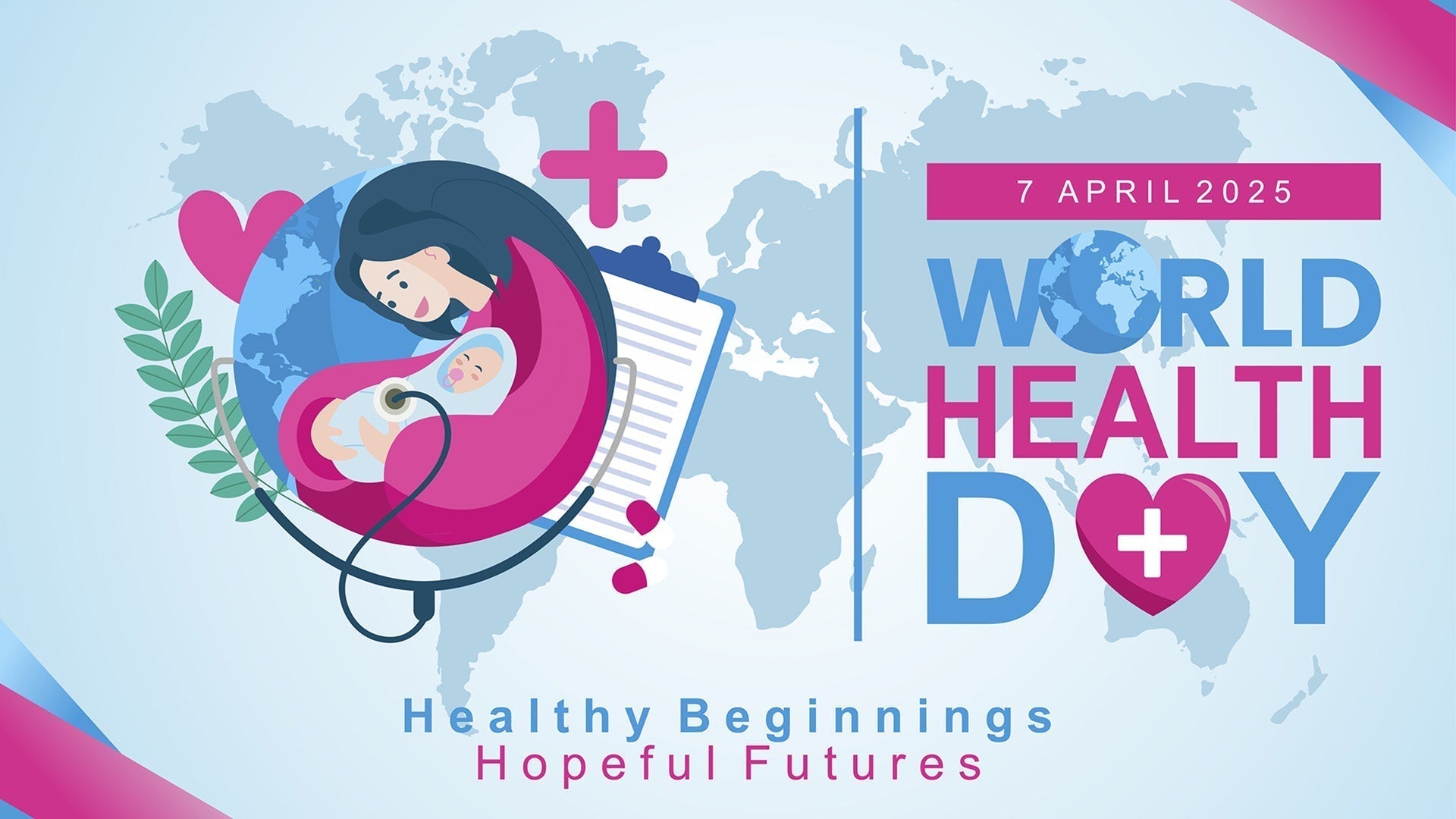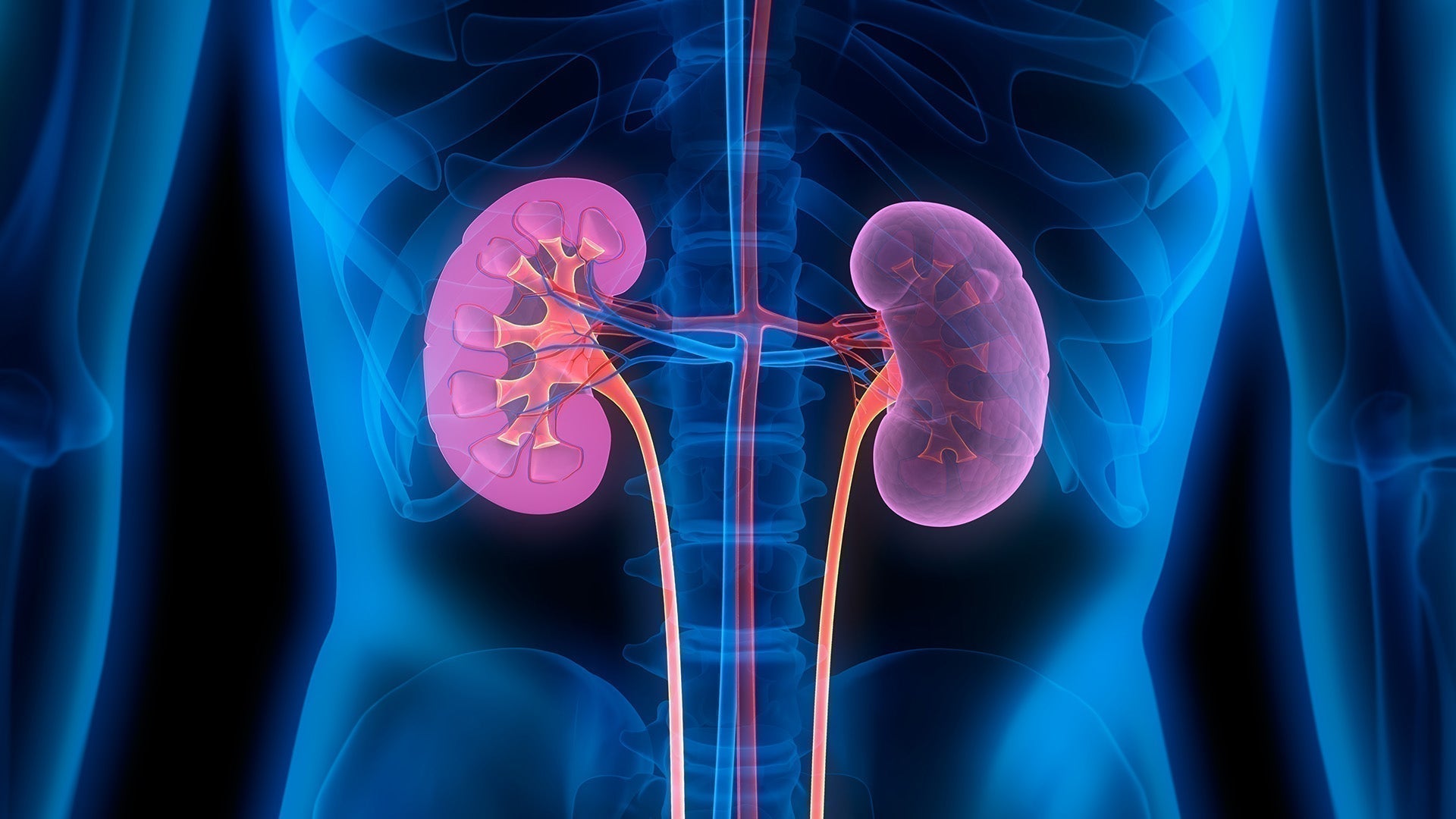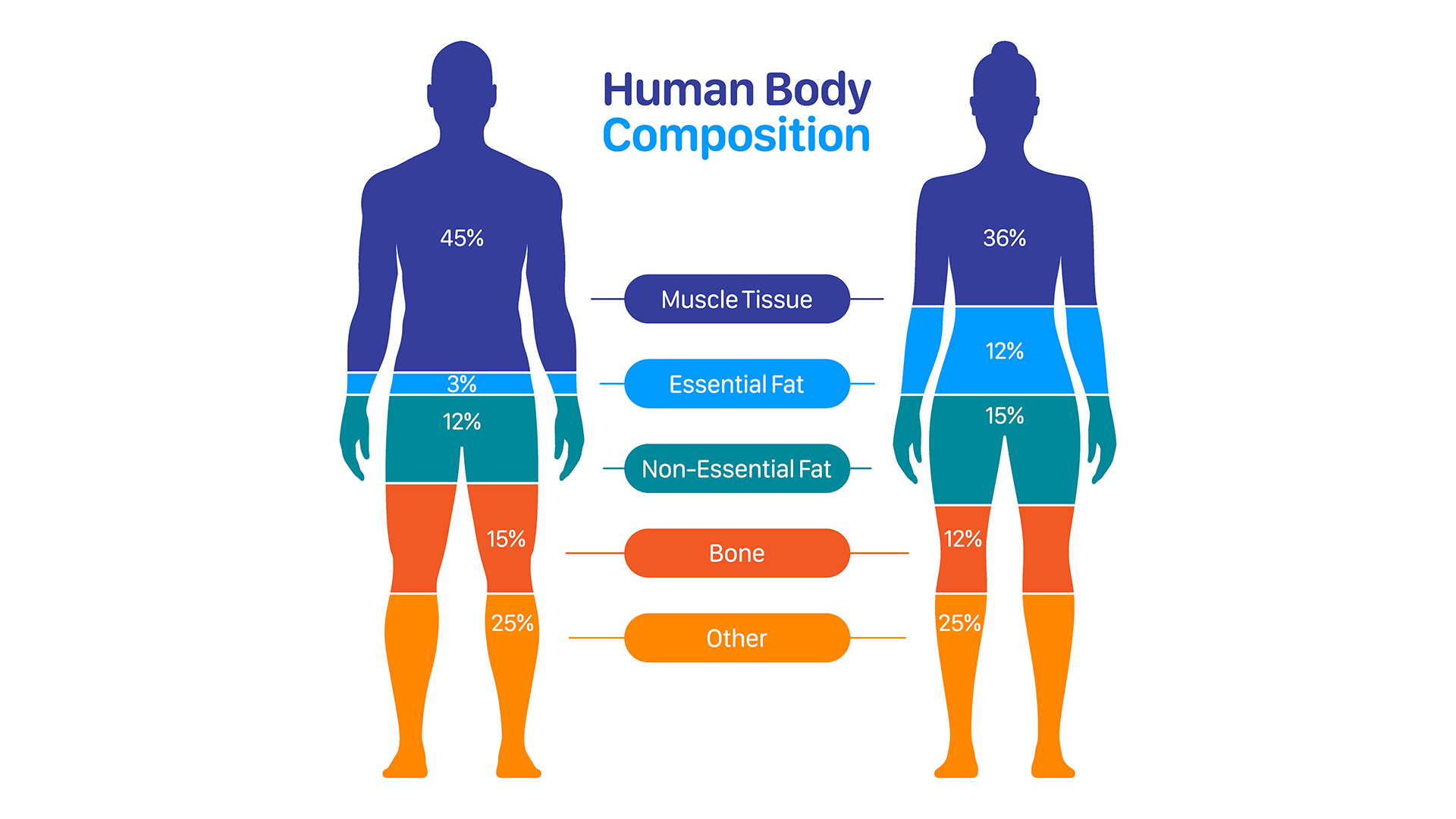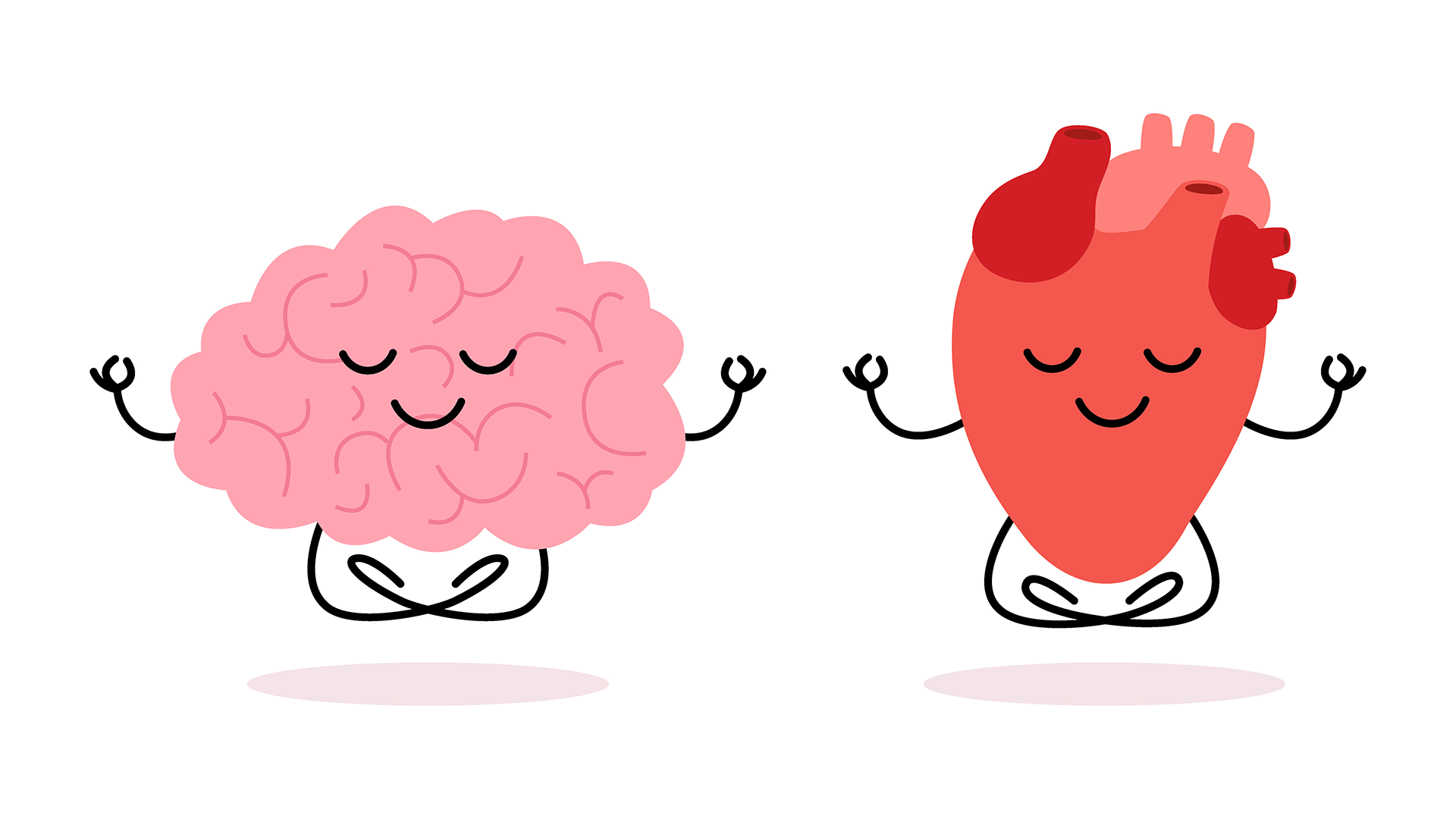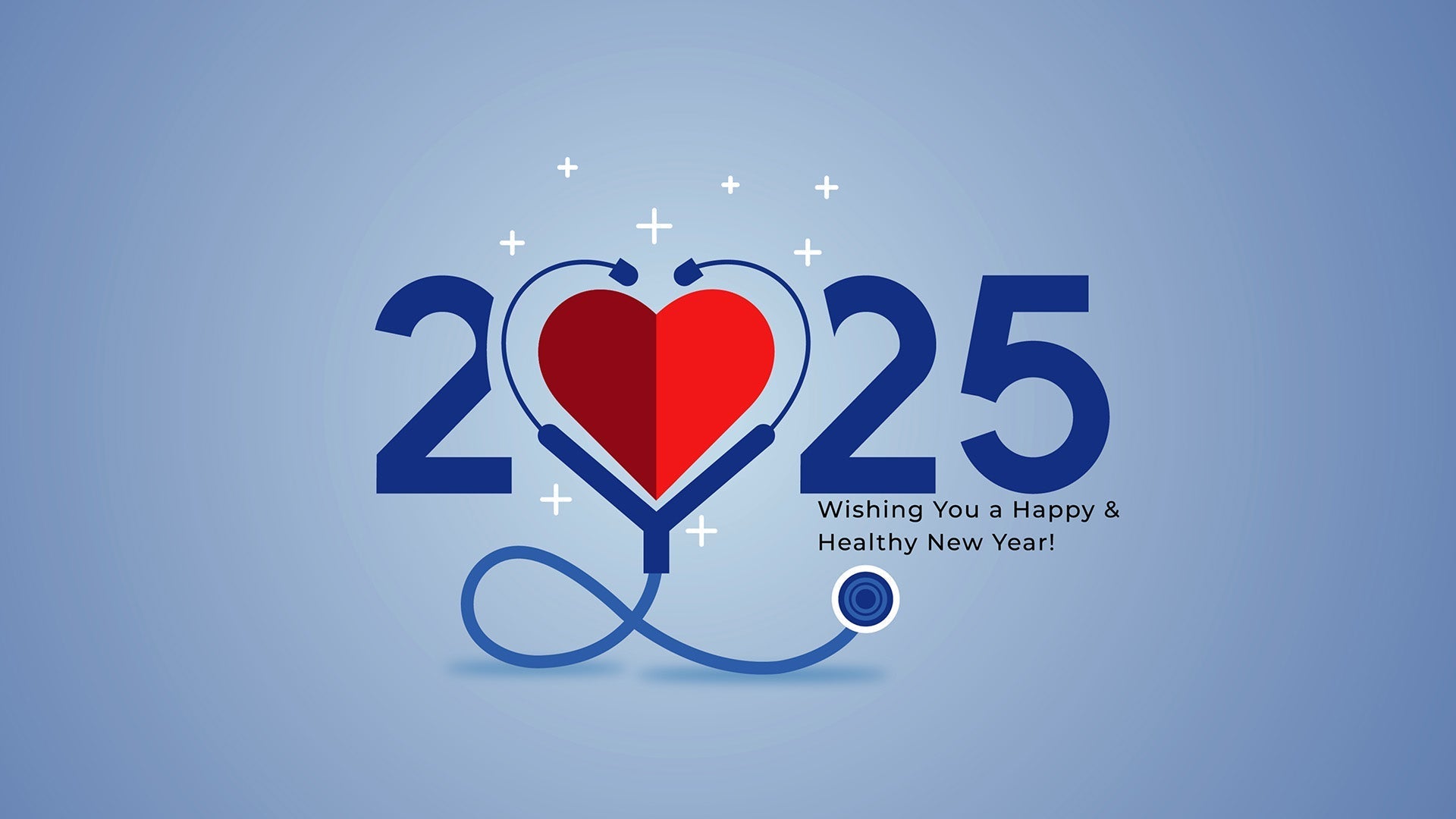Learn Your Way
to A Healthier Life

American Heart Health Month is here to raise awareness about cardiovascular diseases such as congestive heart failure (CHF), which is becoming increasingly common in aging populations. CHF is a serious and chronic condition in which the heart struggles to pump blood effectively, leading to fluid buildup in the lungs, legs and other body tissues. As a result, the body may not receive enough oxygen-rich blood, leading to symptoms such as shortness of breath, fatigue and fluid retention.
According to the American Heart Association, over 6 million adults in the United States live with CHF. This number is expected to rise to 8.5 million by 2030 due to aging populations and increasing rates of obesity, hypertension and diabetes. Early detection and proactive management of CHF are crucial in managing its progression and improving the quality of life for those at risk.
Understanding CHF and Blood Pressure
One of the most significant risk factors for CHF is hypertension or high blood pressure. When blood pressure remains consistently high, it forces the heart to work harder than normal, which can lead to the thickening and weakening of the heart muscle. This increased strain can eventually cause the heart to lose its ability to pump blood effectively—leading to heart failure.
How Digital Blood Pressure Monitors Can Help Reduce the Risk of CHF
Early Detection of Hypertension
Digital monitors allow individuals to track their blood pressure consistently, helping them detect early signs of hypertension. Many cases of high blood pressure are asymptomatic, making home monitoring a valuable tool for early intervention.
Proactive Lifestyle Management
Having access to regular blood pressure readings empowers individuals to make informed lifestyle changes. If readings are consistently high, they can adopt dietary adjustments, increase physical activity or consult a healthcare provider for appropriate medications.
Provides Timely Data for Healthcare Providers
Many digital blood pressure monitors can store readings or sync with mobile apps, allowing individuals to share their data with doctors. This continuous record helps healthcare providers make more accurate diagnoses and treatment adjustments.
Lifestyle Changes to Complement Blood Pressure Monitoring
While monitoring blood pressure is a vital step, it should be part of a broader heart-healthy lifestyle. Here are some recommended lifestyle changes that can help manage blood pressure:
- Adopt a heart-healthy DASH (Dietary Approaches to Stop Hypertension) diet that is rich in fruits, vegetables, lean proteins and whole grains while reducing sodium intake.
- Engage in regular exercise for at least 150 minutes of moderate-intensity exercise per week, such as brisk walking or cycling.
- Manage stress by practicing meditation, deep breathing and yoga.
- Limit alcohol and quit smoking—both can contribute to high blood pressure and heart disease.
Congestive heart failure is a serious condition, but its risk can be significantly reduced through proactive blood pressure management. Digital blood pressure monitors are an accessible and effective tool for individuals to monitor and manage their heart health from the comfort of their homes.
As we observe American Heart Health Month, let’s commit to prioritizing heart health, encouraging our loved ones to monitor their blood pressure and spreading awareness about the importance of managing the risk of heart failure.
References
- JACC - Prevalence and Mortality Rate of Congestive Heart Failure in the United States
- Cleveland Clinic - Congestive Heart Failure
- American Heart Association - Risks for Heart Failure
- HSFA - Heart Failure (HF) Rate Expected to Rise to 8.5 Million Americans by 2030
- American Heart Association - Understanding Heart Failure
- NIH Hypertension - Measurement of Blood Pressure in Humans: A Scientific Statement From the American Heart Association
- AHA/ASA - Guideline for the Prevention, Detection, Evaluation, and Management of High Blood Pressure in Adults
- NIH Hypertension - Evidence and Recommendations on the Use of Telemedicine for the Management of Arterial Hypertension
Sign Up For More From iHealth
Receive the Latest News and Special Offers




